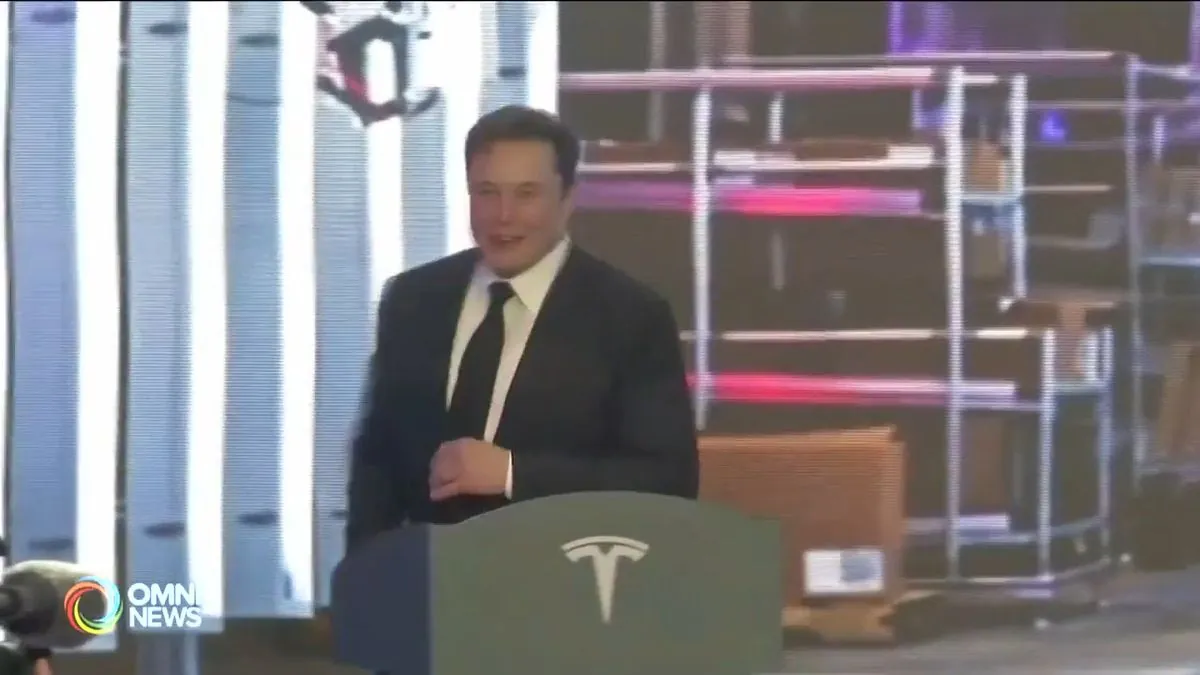Brazil's Supreme Court has taken the unprecedented step of banning the social media platform X, formerly known as Twitter, in a move that has ignited a fierce debate over content moderation and judicial power in the country. The ban, affecting an estimated 20 million Brazilian users, came after Elon Musk, the platform's owner since 2022, refused to comply with court orders to remove certain content and appoint a legal representative in Brazil.
The conflict escalated when Musk publicly criticized Brazilian authorities, particularly Supreme Court Justice Alexandre de Moraes, calling him an "evil dictator." In response, a five-justice panel of the Supreme Court unanimously upheld the ban, with Justice Flávio Dino stating, "Economic power and the size of one's bank account do not produce some strange immunity from jurisdiction."
This incident has reignited discussions about Brazil's unique approach to online content moderation, where federal judges play a significant role in policing what they deem anti-democratic content. This judicial involvement intensified following the 2018 election that brought former President Jair Bolsonaro to power, a campaign marked by widespread disinformation.
The ban has drawn criticism from various quarters, with concerns raised about transparency and potential overreach. The Brazilian Bar Association has filed a lawsuit challenging the hefty fines imposed for using VPNs to access X. However, some digital rights experts and lawmakers have defended the shutdown, arguing that Musk's open attempts to influence Brazilian politics necessitated a strong regulatory response.
In other Latin American news:
U.S. Vice President Kamala Harris played a crucial role in preventing a coup in Guatemala, working behind the scenes to ensure the peaceful transition of power to democratically elected President Bernárdo Arévalo in January 2024.
Argentina's La Rioja province has introduced its own currency, the chacho, in response to President Javier Milei's austerity measures. This unusual move aims to stimulate the local economy, though analysts warn it may exacerbate existing financial issues.
The NFL is expanding its international presence, with its first-ever game in Brazil scheduled for September 6, 2024, in São Paulo. The event highlights the growing popularity of American football in Brazil, with an estimated 8.3 million "avid" fans in the country.
Venezuela's post-election crisis has escalated, with the U.S. Justice Department seizing President Nicolás Maduro's plane in the Dominican Republic for violating sanctions. This action follows disputed election results and reports of widespread crackdowns on opposition protesters.
"In reality, the only government that truly has influence over Maduro is Havana's. I think the most important thing now, given the failure of all other efforts, would be to try to enlist Cuba's cooperation in exchange for genuine detente between the United States and Cuba."
As tensions rise in Venezuela, some experts suggest involving Cuba in resolving the crisis, potentially offering improved U.S.-Cuba relations as an incentive. This approach could leverage Cuba's influence over Maduro's government to help stabilize the situation in Venezuela.
These developments underscore the complex interplay of technology, politics, and international relations shaping Latin America's current landscape. From digital rights debates in Brazil to diplomatic maneuvering in Venezuela, the region continues to grapple with challenges to democracy and economic stability.
